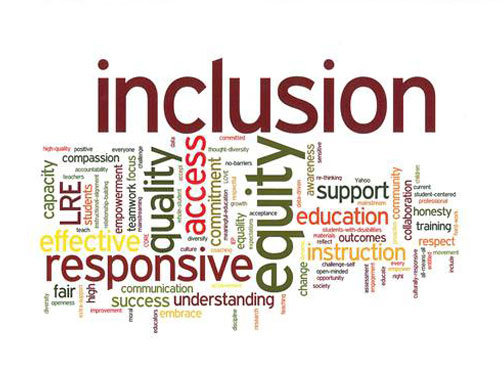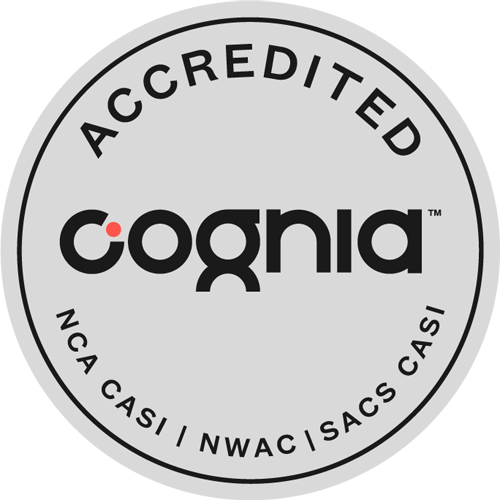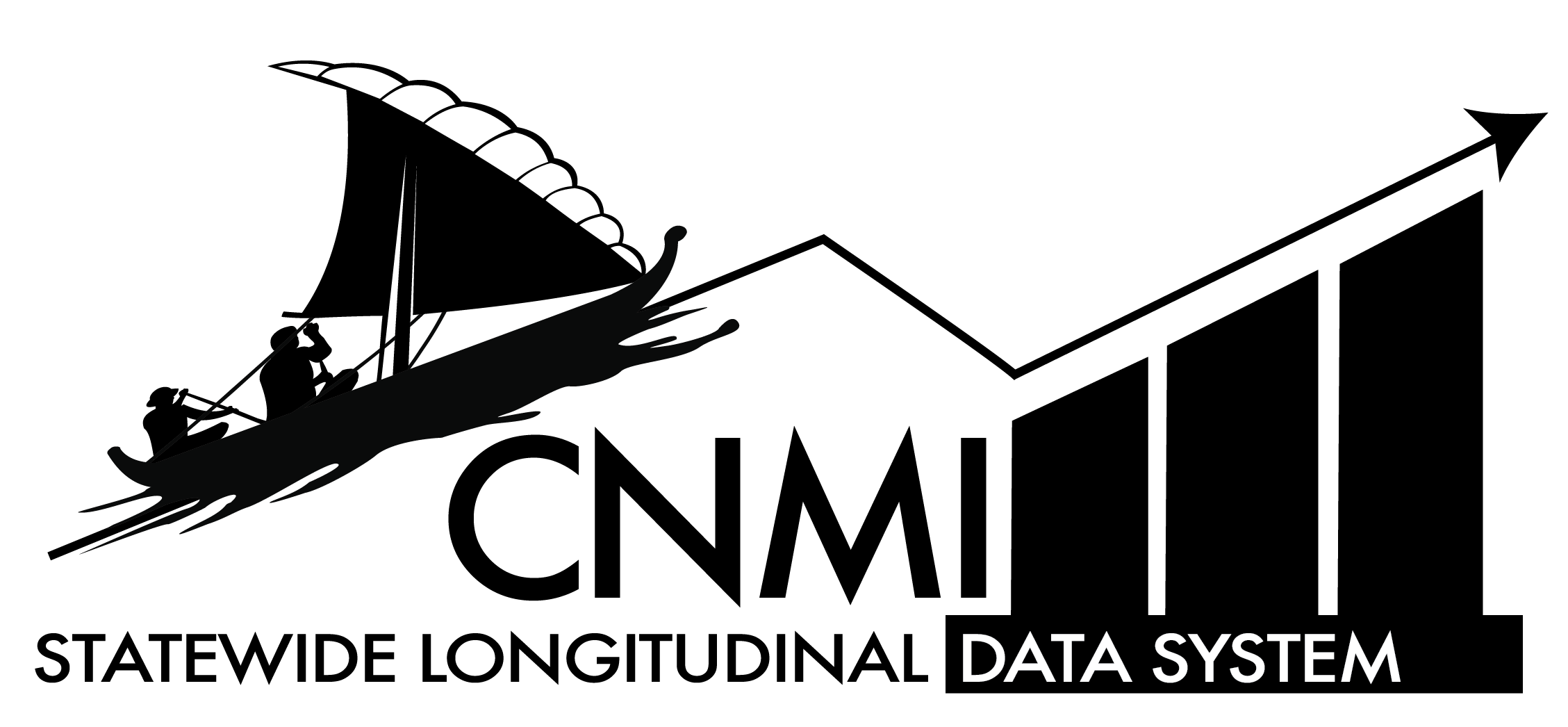Special Education Program
Introduction
 Special Education, as defined by the Individuals with Disabilities Education Act, (IDEA), is specially designed instruction, at no cost to the parents, to meet the unique needs of children with disabilities.
Special Education, as defined by the Individuals with Disabilities Education Act, (IDEA), is specially designed instruction, at no cost to the parents, to meet the unique needs of children with disabilities.
Special Education is not a “place” for children with disabilities. It is a system of supports and services provided to a child in order for the child to have access to and benefit from the educational curriculum in the school they would go to if they did not have a disability.
Children who receive special education are those between 3 to 21 years old who have been determined to have a disability and need specialized instruction.The “determination” is made by a team of individuals, including the parent, who use a variety of information to determine if the child has a disability and the educational needs of the child.The child’s disability must fall into one or more of the 13 disabling categories as specified by the Individuals with Disabilities Education Act:Autism, Deaf-Blind, Hearing Impairment, Mental Retardation, Multiple Disabilities, Orthopedic Impairments, Other Health Impaired, Emotional Disturbance, Specific Learning Disability, Speech and Language Impaired, Traumatic Brain Injury, Visual Impairment including Blindness and Developmental Delay (up to age 9).
Goal Statement
It is the Public School System’s goal to ensure all children with disabilities are located, identified and provided a Free Appropriate Public Education in the least restrictive environment that prepares them for future education, employment and independent living.
Grant Application
The US Office of Special Education Program makes grants available to assist states in providing a free appropriate public education in the least restrictive environment for children with disabilities ages 3 through 21.
FFY 2025 Grant
- FFY 2025 Grant Award
- FFY 2025 611 Allocations
- FFY 2025 Public Participation Notice
- FFY 2025 Grant Application
FFY 2024 Grant
- FFY 2024 Grant Award
- FFY 2024 Public Participation Notice
- FFY 2024 Grant Application
- FFY 2024 General Education Provisions Act (GEPA)
- FFY 2024 611 Allocations
FFY 2023 Grant
- FFY 2023 Grant Award
- FFY 2023 611 Allocations
- FFY 2023 Grant Application
- FFY 2023 General Education Provisions Act (GEPA)
FFY 2022 Grant
FFY 2021 Grant FFY 2020 Grant
Annual State Determination
The U.S. Office of Special Education Programs (OSEP) is required to review state data and annual performance reports and make a determination if the state or jurisdiction Special Education Program meets the Part B requirements of IDEA.The determination was based on the review of the Public School Systems Annual Performance Report, with valid and reliable data that reflected the measurement for each indicator, demonstrated compliance or timely correction of noncompliance, and in instances where it did not demonstrate compliance, had made progress in ensuring compliance over prior performance in that area.
FFY 2025 State Determination
- FFY2025 Part B Determination
- FFY2025 Results Driven Matrix
- FFY2025 Data Rubric
- Dispute Resolution
- How The Department Made Determinations
FFY 2024 State Determination
- FFY2024 Part B Determination
- FFY2024 Results Driven Matrix
- FFY2024 Data Rubric
- Dispute Resolution
- How The Department Made Determinations
FFY 2023 State Determination
- FFY2023.Part B Determination
- FFY2023 Results Driven Matrix
- FFY2023 Data Rubric
- Dispute Resolution
- How The Department Made Determinations
FFY 2022 State Determination
- FFY2022.PartB Determination
- FFY2022 Results Driven Matrix
- FFY2022 Data Rubric
- Dispute Resolution
- How The Department Made Determinations
FFY 2021 State Determination
FFY 2020 State Determination
FFY 2019 State Determination
State Performance Plan/Annual Performance Report
In 2006, the Public School System Special Education Program was required to submit a State Performance Plan (SPP) which included measurable and rigorous performance targets and compliance targets on 20 Monitoring Indicators. The SPP was developed with input from stakeholders including the Special Education State Advisory Panel (SESAP), Parent Focus Groups, a Board of Education Subcommittee, School Leadership Teams, and special education staff and technical assistance provided by the University of Guam Center for Excellence in Developmental Disabilities Education, Research, and Service (Guam CEDDERS). Thereafter, the Special Education Program was required to submit an Annual Performance Report describing its performance based on the performance targets, slippage and improvement activity implementation.
FFY 2023 Annual Performance Report
FFY 2022 Annual Performance Report
FFY 2021 Annual Performance Report
FFY 2020 Annual Performance Report
FFY 2019 Annual Performance Report
FFY 2018 Annual Performance Report
FFY 2017 Annual Performance Report
State Systemic Improvement Plan
In school year 2013-2014, the Office of Special Education Programs (OSEP has developed a Results Driven Accountability (RDA) system to better align its activities and use of resources to more effectively support States’ capacity to drive systems change that leads to improved results at the local level. The State Systemic Improvement Plan (SSIP) framework as a major focus of States and OSEP’s efforts in improving results for children with disabilities.
FFY 2020 - 2025 SSIP
FFY 2020-2025 CNMI Part B Theory of Action
FFY 2020-2025 CNMI Part B Evaluation Plan
FFY2022 SSIP
SSIP Phase III Year 5
SSIP Phase III Year 4
Part B General Supervision Monitoring Procedures
The Commonwealth of the Northern Mariana Islands (CNMI) Public School System (PSS) has a responsibility to have in place a system of general supervision that includes monitoring the implementation of the Individuals with Disabilities Education Improvement Act of 2004 (IDEA). The primary focus of the Public School System’s monitoring activities is to improve results and functional outcomes for all children with disabilities and to ensure that the Public School System is meeting the requirements of Part B of the IDEA, particularly those requirements that are most closely related to improving educational results for children with disabilities.
General Supervision Monitoring Procedures
618 Data Reports
Section 618 of IDEA requires that states must collect and report data that measure results for children and families served under the Part B program. States are required to submit data through EdFacts. EdFacts is a U.S. Department of Education initiative to put performance data at the center of policy, management, and budget decisions for all early childhood and K-12 educational programs. CNMI was required to submit its Exit, Discipline, Personnel, Assessment, Child Count and Environments data via the Education Data Exchange Network (EDEN), which is a centralized portal through which states submit their educational data to the U.S. Department of Education. The Maintenance of Effort and Dispute Resolution were submitted through the EDFacts Metadata and Process System (EMAPS), which is a web-based tool used to provide State Education Agencies with an easy method of reporting and maintaining information on state policies, plans, and metadata in order to aid in the analysis of data collected.
Child Count & Educational Environments
Maintenance of Effort
Discipline
Exiting
Dispute Resolution
Personnel
Assessment
- NO ASSESSMENTS ADMINISTERED DUE TO SCHOOL CLOSURES- COVID 19 PANDEMIC
Special Education State Complaint
Parents Rights
CNMI State Complaint Form
COVID-19 Resources and Updates
CNMI Office of the Governor
U.S. Department of Education
Q & A On Providing Services to Children with Disabilities
Supplemental Fact Sheet
ED COVID-19 Handbook Volume 1
ED COVID-19 Handbook Volume 2





